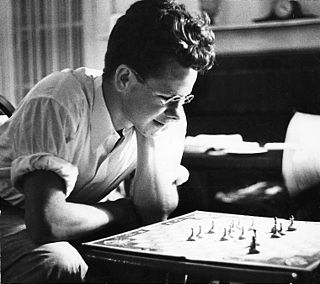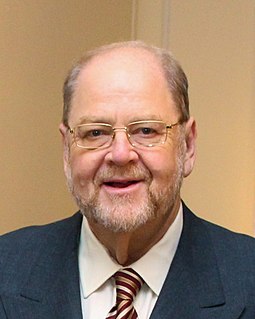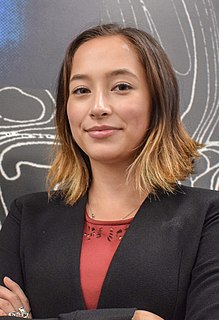A Quote by Timothy Simons
I started out with the intention of studying physics. I was a terrible high school student outside of the fact that I did well in physics, but there's a big difference between being good at physics and being a physicist, so I jettisoned that very quickly.
Related Quotes
I studied physics at Princeton when I was a college student, and my initial intention was to major in it but to also be a writer. What I discovered, because it was a very high-powered physics program with its own fusion reactor, was that to keep up with my fellow students in that program I would need to dedicate myself to math and physics all the time and let writing go. And I couldn't let writing go, so I let physics go and became a science fan and a storyteller.
When I was in college, I didn't like physics a lot, and I really wasn't very good at physics. And there were a lot of people around me who were really good at physics: I mean, scary good at physics. And they weren't much help to me, because I would say, 'How do you do this?' They'd say, 'Well, the answer's obvious.'
It seems that every practitioner of physics has had to wonder at some point why mathematics and physics have come to be so closely entwined. Opinions vary on the answer. ..Bertrand Russell acknowledged..'Physics is mathematical not because we know so much about the physical world, but because we know so little.' ..Mathematics may be indispensable to physics, but it obviously does not constitute physics.
I started out in nuclear physics. But after I became more sensitized to the environmental and health implications of the nuclear system - I was being trained to be the first women in the fast-breeder reactor in India (and was in it when it first went critical) - I didn't feel comfortable with it. So I went into theoretical physics.


































